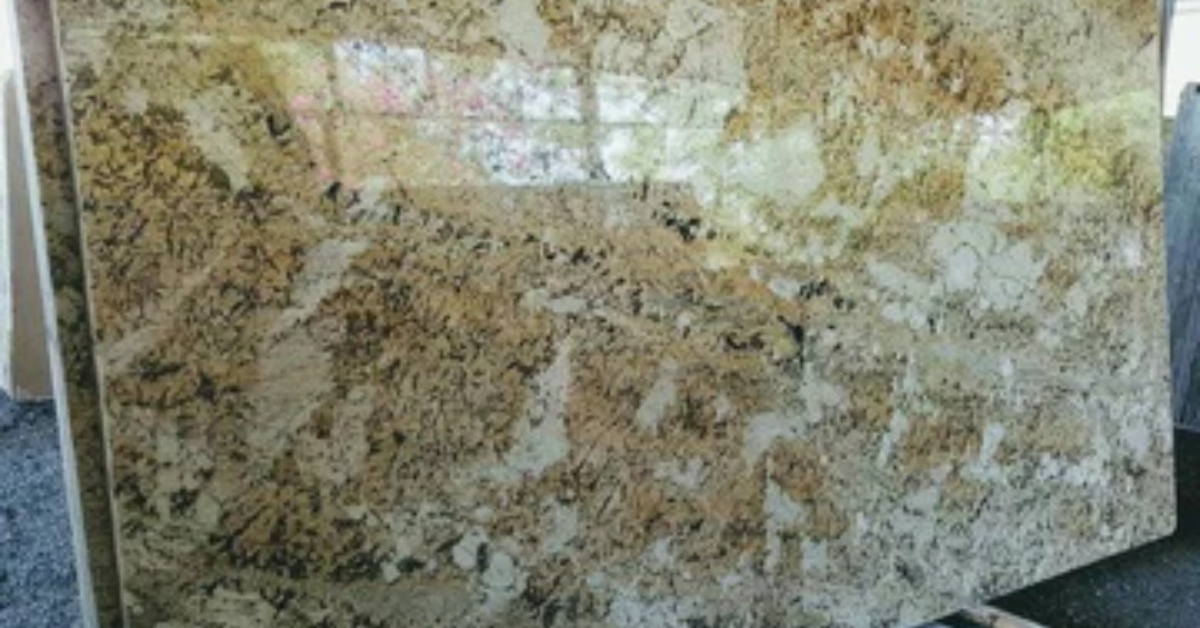Understanding the Role of a Marble Supplier: What You Need to Know
When it comes to sourcing marble for your project, the role of a Marble Supplier is crucial. A marble supplier provides the raw material for a range of applications, from countertops to flooring, and ensures that you receive high-quality, durable marble that suits your aesthetic and functional needs. In this article, we’ll explore the key considerations when choosing a marble supplier, the types of marble available, and how to find the right supplier for your needs.
What Is a Marble Supplier?
A marble supplier is a company or individual that sources, sells, and sometimes installs marble products. These suppliers often work directly with quarries or manufacturers to provide a variety of marble types, colors, and finishes for construction and design projects. A reliable marble supplier offers access to high-quality marble, competitive pricing, and expert advice on choosing the right marble for your project.
Key Factors to Consider When Choosing a Marble Supplier
1. Quality of Marble
The most important factor when choosing a marble supplier is the quality of the marble they offer. High-quality marble should have consistent color, pattern, and texture. It should be free from defects like cracks, discoloration, and excessive veining. Some of the most premium marbles come from regions like Italy, where marble is known for its exceptional quality and rich history.
When selecting a supplier, ensure they have a reputation for offering top-tier marble that meets your project’s needs. The supplier should be transparent about the marble’s origin, quality control processes, and certifications.
2. Range of Marble Types
Different types of marble are suited for different applications. For example, some types of marble are better for countertops, while others are ideal for flooring or decorative pieces. A good marble supplier should have a wide selection of marble types, including:
-
Italian Marble: Known for its luxurious appeal, Italian marble such as Carrara and Calacatta is widely used for high-end projects.
-
Indian Marble: A more budget-friendly option, Indian marble comes in various colors and patterns, including Makrana and Ambaji.
-
Turkish and Spanish Marble: These marbles are known for their unique patterns and colors, making them a great option for artistic or custom applications.
It’s essential to choose a supplier that offers a diverse selection of marble so you can find the right match for your project.
3. Pricing
Marble can be a significant investment, so pricing is an essential consideration. Prices vary based on the type, quality, and origin of the marble. Italian marbles, for instance, are typically more expensive due to their reputation and rarity. However, that doesn’t mean you have to sacrifice quality for affordability. A good supplier should offer competitive pricing without compromising on quality. Look for suppliers who offer transparent pricing and can provide quotes based on your specific needs.
4. Customer Service
Customer service is an often-overlooked but critical factor when choosing a marble supplier. Whether you’re buying marble for a large-scale commercial project or a smaller residential project, the supplier should be able to guide you through the selection process, offer expert advice, and help you make the right decisions. A supplier with a strong customer service team will ensure you get the best marble for your budget, assist with transportation logistics, and offer installation recommendations.
5. Delivery and Logistics
The transportation of marble can be complex, especially if you are importing marble from overseas. A reputable marble supplier will offer reliable delivery options, ensuring that the marble reaches your location safely and on time. The supplier should also be able to handle any customs or import issues if you are sourcing marble from abroad. Be sure to ask about the supplier’s logistics capabilities and delivery timeframes before finalizing your purchase.
How to Choose the Right Marble Supplier for Your Project
Selecting the right marble supplier involves careful research and consideration. Here are some steps you can take to ensure you choose a supplier that meets your needs:
1. Research Suppliers
Start by researching local and international marble suppliers. Look at their websites, read reviews, and explore their product offerings. Pay attention to their marble selection, as well as any additional services they offer, such as custom cuts or installation.
2. Request Samples
Before committing to a supplier, request samples of the marble you’re interested in. This will allow you to evaluate the quality, color, and texture firsthand. You can also test the marble for durability by conducting small tests, such as applying water or acidic substances to check for staining.
3. Ask for References
A reputable marble supplier should be able to provide references from previous clients. Contact these references to get a sense of the supplier’s reliability, customer service, and the overall quality of the marble they provided.
4. Evaluate Their Expertise
The more experience a marble supplier has, the more likely they are to provide valuable insights into the selection and installation process. Ask the supplier about their expertise in sourcing and selling marble, as well as their experience with the specific type of marble you are interested in.
5. Get Multiple Quotes
To ensure you’re getting the best deal, obtain quotes from multiple suppliers. This will help you compare prices, delivery times, and overall service. However, be cautious of suppliers that offer prices that seem too good to be true, as they may be compromising on quality.
The Advantages of Working with a Reliable Marble Supplier
Working with a reputable marble supplier provides several benefits, including:
-
Expert Advice: A reliable supplier can offer valuable advice on which type of marble is best suited for your specific needs.
-
High-Quality Products: You can be confident that the marble you purchase will be of high quality and free from defects.
-
On-Time Delivery: A dependable supplier ensures that your marble is delivered on time and in perfect condition.
-
Custom Solutions: Some suppliers offer custom cutting and fabrication services, allowing you to tailor the marble to fit your project requirements.
-
Ongoing Support: A trusted supplier will provide ongoing support, whether it’s for maintenance, repairs, or future marble needs.
Frequently Asked Questions (FAQ)
1. What types of marble are the most affordable?
Indian marble is often more affordable than Italian marble while still offering a high-quality look and feel. Other options, like Turkish and Spanish marbles, can also be more budget-friendly.
2. How do I know if the marble supplier offers high-quality products?
Look for reviews, references, and certifications from the supplier. You can also request samples to examine the quality of the marble before committing to a larger order.
3. Can a marble supplier help with installation?
Many marble suppliers offer installation services or can recommend reliable contractors who specialize in marble installation.
4. How do I maintain marble after installation?
To keep your marble looking its best, clean it with a pH-neutral cleaner, seal it regularly to prevent stains, and avoid harsh chemicals that could damage the surface.
5. Do marble prices fluctuate?
Yes, marble prices can fluctuate based on demand, availability, and market conditions. Imported marble may be more expensive due to transportation costs and import duties.
Conclusion
Choosing the right marble supplier is an essential part of any marble-related project. By focusing on factors such as the quality of the marble, the supplier’s reputation, pricing, and customer service, you can ensure that you receive the best possible product for your needs. With the right supplier, you’ll be able to enhance your space with the elegance and timeless beauty of marble.






